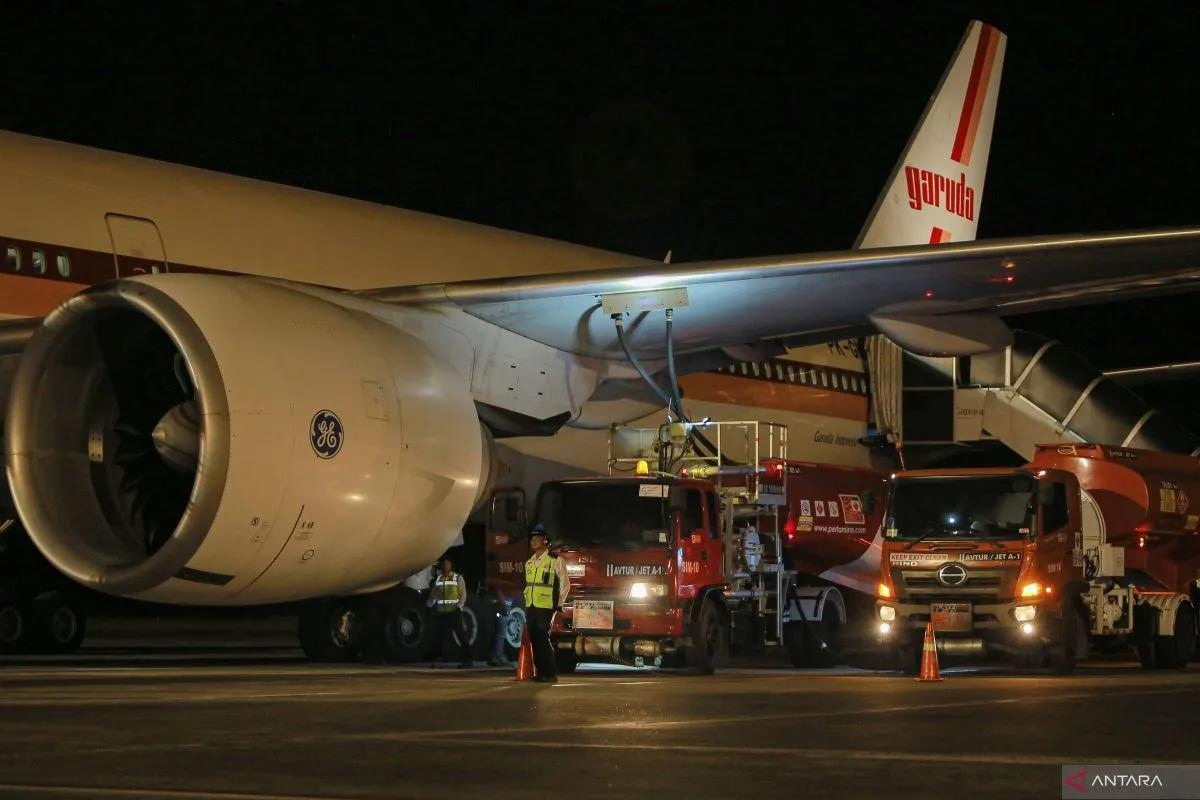AeroGenie — 您的智能副驾驶。
热门趋势
Categories
Indonesian Government Reviews Airline Ticket Pricing Amid Rising Costs

Indonesian Government Reviews Airline Ticket Pricing Amid Rising Operational Costs
Rising Challenges in the Aviation Sector
The Indonesian government is undertaking a comprehensive review of its airline ticket pricing framework in response to escalating operational expenses, a development that may lead to increased airfares for travelers. The Ministry of Transportation is contemplating substantial regulatory reforms, including the potential elimination of the maximum airfare price cap, to enable a more market-driven pricing mechanism.
Lukman F. Laisa, Director General of Civil Aviation at the Transportation Ministry, addressed lawmakers from the House of Representatives’ Commission V, outlining the multifaceted challenges confronting the aviation industry. He cited disruptions in the global supply chain for spare parts, particularly engine components, alongside rising contractual costs and the depreciation of the rupiah against the US dollar. These factors have contributed to a surge in maintenance expenses, especially as airlines recommence operations of aircraft that were grounded during the COVID-19 pandemic. Additionally, airlines are grappling with increased costs stemming from higher aviation turbine fuel prices and ongoing currency volatility. Although new accounting standards are anticipated to reduce aircraft leasing expenses through depreciation, and many carriers have restructured their leasing obligations post-pandemic, the overall financial environment remains strained.
Proposed Regulatory Adjustments
In light of these pressures, the Ministry of Transportation has proposed amendments to existing regulations, specifically targeting Transportation Ministerial Regulation No. 20/2019 and Ministerial Decree No. 106/2019, which currently govern domestic airfare ceilings. The revised pricing formula under consideration would incorporate factors such as travel time and adjust both the upper and lower fare limits. The ministry is also advocating for modifications to economy class fares, particularly on short-haul routes, and recommends that fare differentiation by service category—full service, medium, and low-cost carriers—be applied exclusively to jet-powered aircraft, excluding propeller-driven planes that typically serve remote areas.
A central element of the proposed reforms is the possible removal of the maximum airfare price cap. This measure has garnered support from airlines seeking enhanced flexibility to adapt to market dynamics. While such a change could assist carriers in managing rising costs and bolstering competitiveness, it also raises concerns regarding potential fare increases for consumers. The government aims to strike a balance between shielding passengers from excessive price volatility—especially during peak and off-peak travel seasons—and ensuring the financial sustainability of airlines.
Industry Response and Market Implications
During the parliamentary session, Garuda Indonesia, the national flag carrier, expressed apprehensions aligned with the government’s assessment. President Director Wamildan Tsani Panjaitan emphasized that operational costs have steadily increased since 2019, whereas the upper limit on ticket prices has remained static. He noted that even a modest decline in passenger load factors by three to five percentage points can substantially erode airline margins and profitability.
As regulatory deliberations continue, the aviation market’s response and competitive dynamics remain uncertain. The proposed changes seek to address the sector’s financial challenges while preserving equitable pricing and accessibility for the traveling public. The government’s forthcoming decisions are poised to have significant ramifications for both airlines and passengers within Indonesia’s domestic aviation landscape.

Emirates Unveils Cabin Design for New Boeing 777X

Eighteen Years On, the Airbus A380 Remains Central to a $34 Billion Airline

How a boom in luxury airline seats is slowing down jet deliveries

Navitaire Outage Attributed to Planned Maintenance

DigiYatra Debuts Outside Aviation at India AI Impact Summit

Vietnam Orders Strengthen Boeing’s Commercial Outlook

Airbus Signals Uncertainty Over Future A400M Orders

JobsOhio Awards $2 Million Grant to Hartzell Propeller for Innovation Center

Collins Aerospace Tests Sidekick Autonomy Software on YFQ-42A for U.S. Air Force CCA Program

How the Airbus A350-1000 Compares to the Boeing 777
